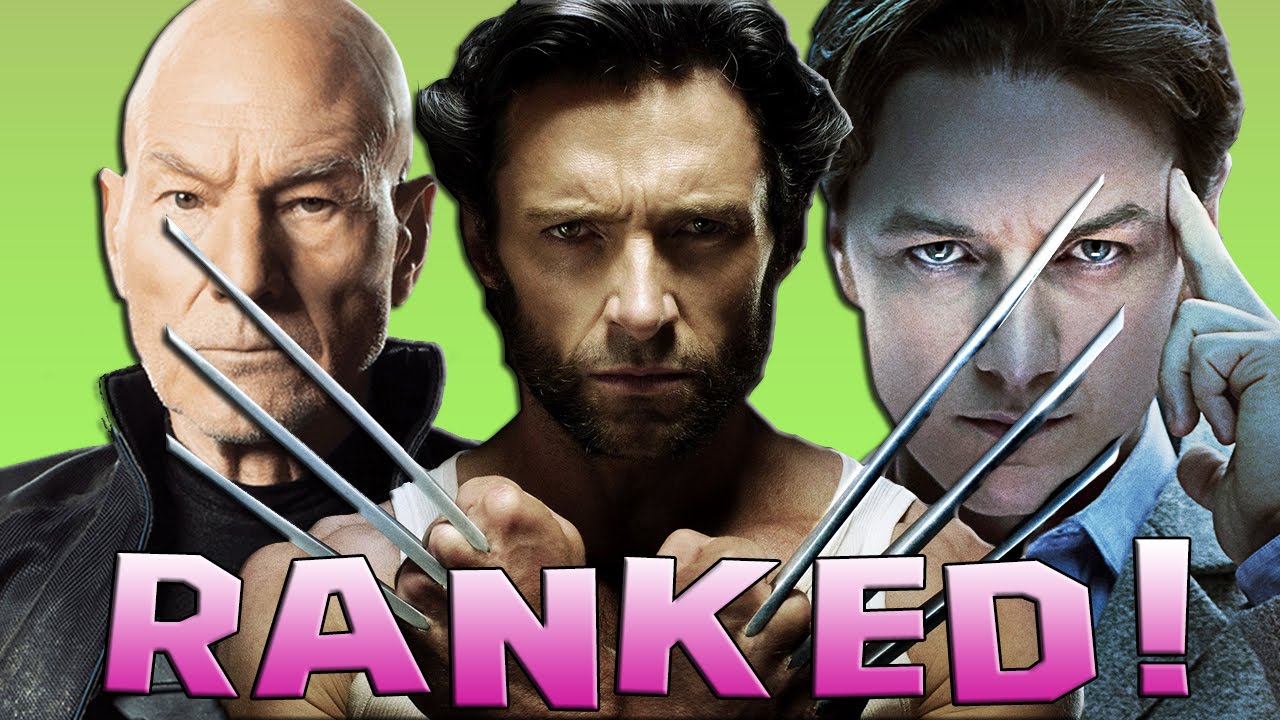The films in FOX’s X-Men franchise are a peculiar bunch. On one hand, the box-office success of the inaugural film opened the door for big-screen comic book adaptations again after the genre’s said door had been slammed closed by 1997’s Batman & Robin. On the other hand, the films’ collective commitment to the source material has become highly questionable. While some of these films outdo each other, overall the films don’t have the X-Men spirit. As action movies, they more than hit the mark. But in terms of being true to the comics even by a small approximation? That answer ranges from “somewhat” to “not at all”. They focus on the more popular characters instead giving featured and supporting characters ample time to shine. The only franchise I can compare it to is Marvel’s Avengers. While liberties were taken, the story and characters were of better quality and far more memorable, even the S.H.I.E.L.D. agent playing Galaga was memorable. Another thing that’s marred the X-films is the seeming lack of continuity, it’s like the sequels eventually became self-contained stories.
Including the solo movies and not 2016’s X-Men: Apocalypse, there have actually been eight films in the X-Men franchise. Comparatively, how do they rank? By gross revenue? Action? Story lines? Or characters? It’s a combination of all those things, and more. As such, below are my rankings of the X-films from worst to best.
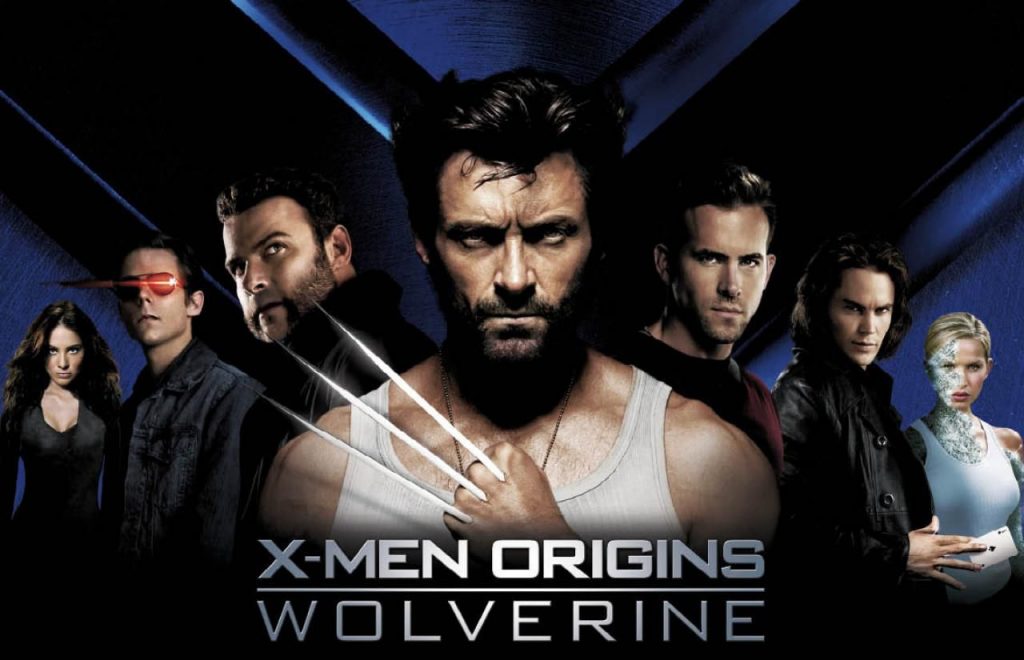 8.) X-Men Origins: Wolverine (2009)
8.) X-Men Origins: Wolverine (2009)
I saw this in the theaters three times when it came out. Not because I liked it, but because I didn’t and couldn’t figure out why. Liev Schrieber, Ryan Reynolds, and Taylor Kitsch as Sabretooth, Deadpool, and Gambit made their characters interesting, but the whole movie was simply not good. The aforementioned actors outshined the title character and the plot elements are what made the continuity between these franchise’s film’s muddled (having a CGI Charles Xavier rescue a teenage Scott Summers and Emma Frost from a Weapon X holding facility made no sense and conflicts with what we saw in later films). What also made no sense, and bordered on sacrilege, was what they did to Deadpool at the end. Making him a mute, brainwashed, multi-powered super-soldier whose mouth is literally sown shut was the final deal-breaker.
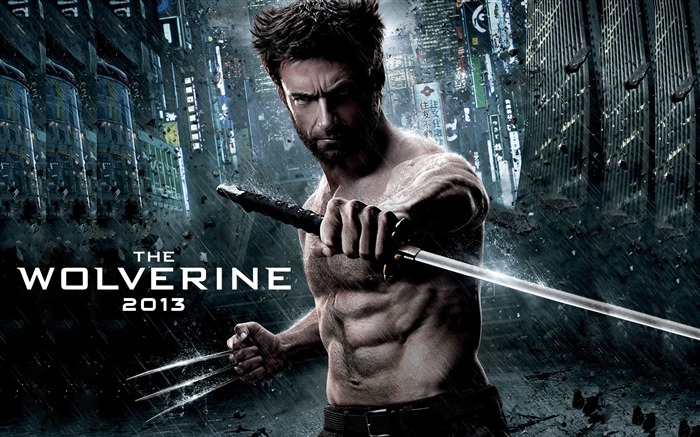 7.) The Wolverine (2013)
7.) The Wolverine (2013)
Even when the directors changed from Darren Aronofsky to James Mangold, I was content with that. After all, Mangold directed Cop Land which showed that he has an equal grip on plot, action, and characterization. Sadly, this film added nothing to the franchise. With the way the Silver Samurai was portrayed as a dead ringer of Obadiah Stane’s Iron Monger armor suit from 2008’s Iron Man, it made me question if these people are even trying anymore. Though taking away Wolverine’s healing factor made for an interesting plot element, the movie itself still couldn’t be saved. It also made a strong case for there to be a rated R Wolverine movie.
 6.) X-Men: The Last Stand (2006)
6.) X-Men: The Last Stand (2006)
It was the shift in directors to Brett Ratner that messed this film up. What was supposed to be the first on-screen appearance of the Phoenix-Force turned out to be a disappointment. This movie turned out to be the film that temporarily killed the x-franchise for about five years. Granted, it’s the first comic-book movie to have a post-credit scene, but it was still executed poorly. The plot had good source material, but the filmmakers squandered it and showed no respect for it either. They hated Cyclops, the very FIRST X-Man, so much that they killed him off during the movie’s first 30 minutes. It was a rushed film that was a cameo-fest for several B-level mutant characters who functioned as eye-candy essentially.
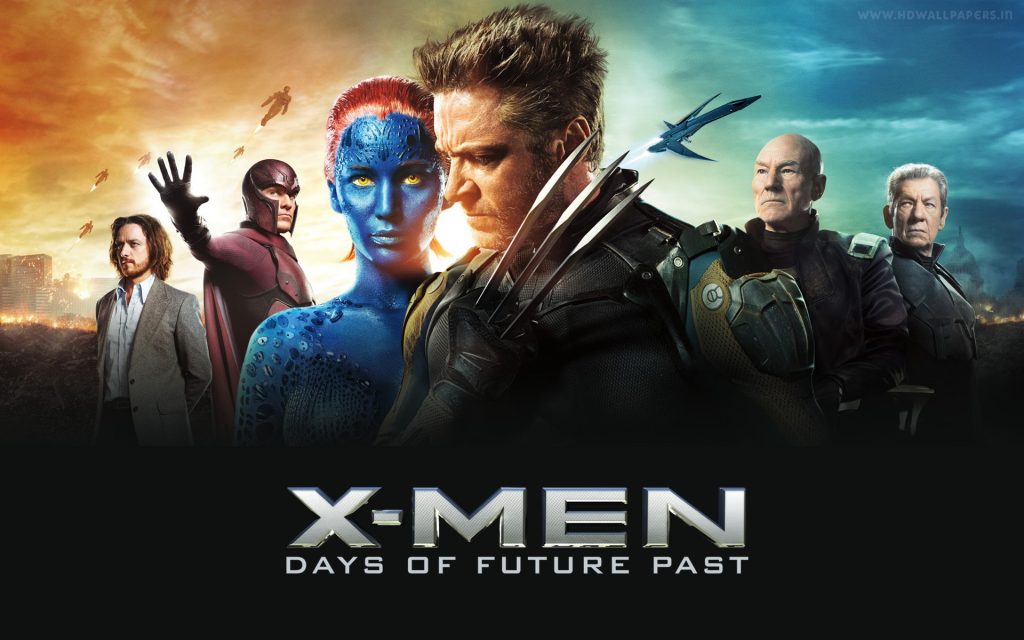 5.) X-Men: Days of Future Past (2014)
5.) X-Men: Days of Future Past (2014)
I gave this film four-and-a-half stars for being an action movie. But it really lacked the spirit of the classic two-part dystopian story. Just like the original film, Wolverine and Magneto get the most focused. The Sentinels were shape-shifting robots who could synthesize mutant powers and their creator’s personal past (he’s got mutant children) wasn’t even touched upon to explain why the Sentinels even exist. The dystopian future was dark, but looked too medieval, not anything like an urban apocalypse with concentration camps. The mutants that were included in the future scenes (Warpath, Blink, Bishop, and Sunspot) were simply there to show off their powers, which didn’t translate well on-screen. They had Sunspot looking just like the Human Torch from the original Fantastic Four film franchise, which was stupid when the original images for Sunspot leaked, and that version was much truer to the character and would’ve worked on-screen. The ending and the “Rogue cut” of the film left this viewer with more confusion about the consistency of this cinematic universe’s timeline.
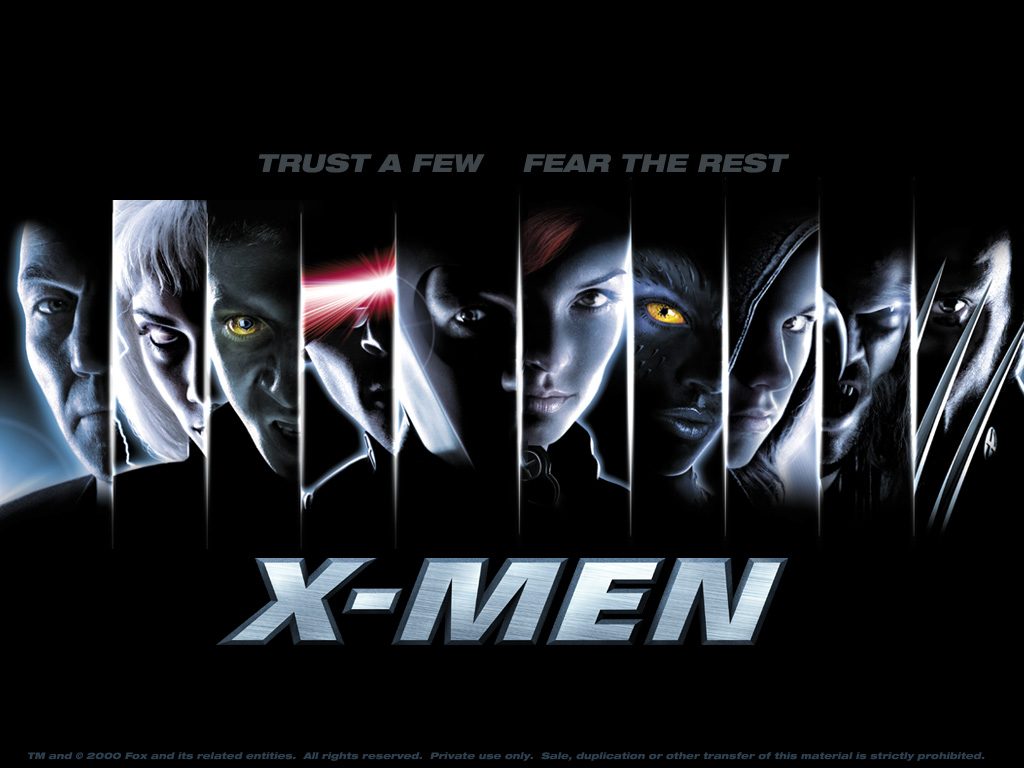 4.) X-Men (2000)
4.) X-Men (2000)
This was the jump-off. The O.G., the one that made it cool to do comic-book movies again. It was even influential in the source material for the next year: X-Men creative teams had incorporated the film costumes into the book, doing away with individual costumes for quite sometime. Even Mystique and the Toad got power upgrades matching their movie counterparts. The valid criticism of this movie was the focus on Wolverine, Rogue, and Magneto. At the time when I saw it in the theatres, the Washington Post was giving it favorable comparisons to The Matrix (1999). It wasn’t all that, still isn’t. It was the first entry in the series, so I can excuse its faults. Though some of the later films did a better job at coming close to capturing the essence of the book: That mutants are a misunderstood and hated minority and homophobia takes many forms, this was a good starting point.
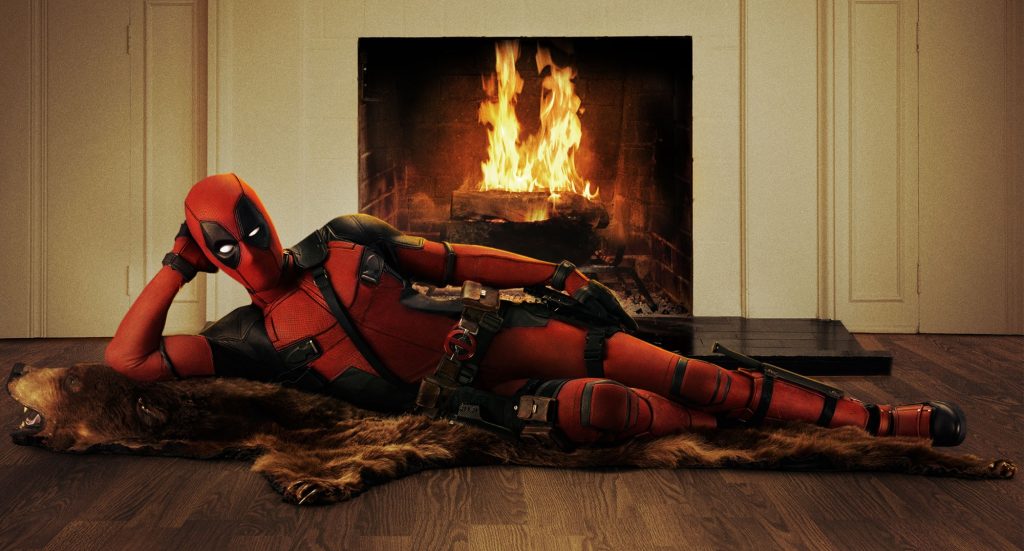 3.) Deadpool (2016)
3.) Deadpool (2016)
Serious, but not serious. This movie functioned in a two-fold manner: To be both a parody and a part of the X-franchise. It’s over-the-top violence, biting wit, and adult-orientation was a welcome addition and proof that mainstream comic book characters can have rated R films and be both critically and commercially lauded. After his appearance in X-Men Origins: Wolverine (2009), the filmmakers wanted to do a version of the character with his background in the former film ignored. With a heavy injection of humor, it was certainly a tour-de-force action-comedy.
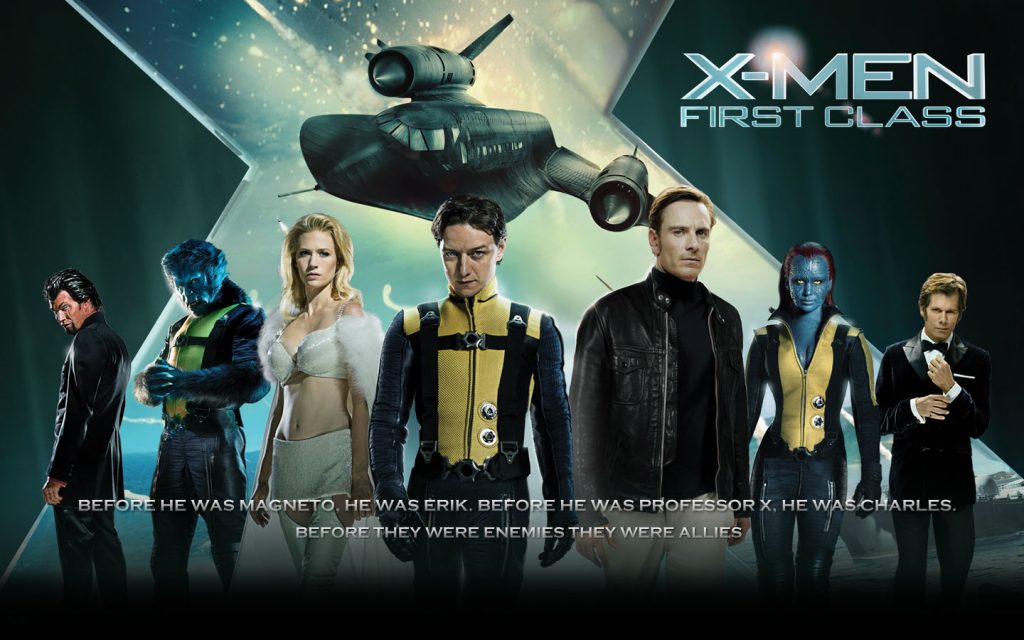 2.) X-Men: First Class (2011)
2.) X-Men: First Class (2011)
This was the one film that gave the franchise the kick-in-the-ass it needed. Not only did it forego including Wolverine (though he makes a brief cameo), but it was a flashback story that gave the lesser known (though classic) X-Men characters a shine. Banshee, Havok, and Emma Frost were a treat and the time period of the 1960s was apt. With incorporation of historical events such as the Holocaust and the Cuban Missile Crisis, it also put a spotlight on the social mores of that time period, juxtaposing it with rapid emergence of mutants and humanity’s growing fear of them. It showed the origins of the X-Men and interpolated a James Brown phrase of racial pride (“Mutant and proud”). The younger incarnations of Charles Xavier and Magneto were well-done by James McAvoy and Michael Fassbender, respectively. The only things in the film I take some umbrage with his Jennifer Lawrence’s Mystique getting too prominent of a role and being an unofficial foster sister to Xavier, Beast being a shy bookworm with hands for feet, and Kevin Bacon’s Sebastian Shaw having Bishop’s power.
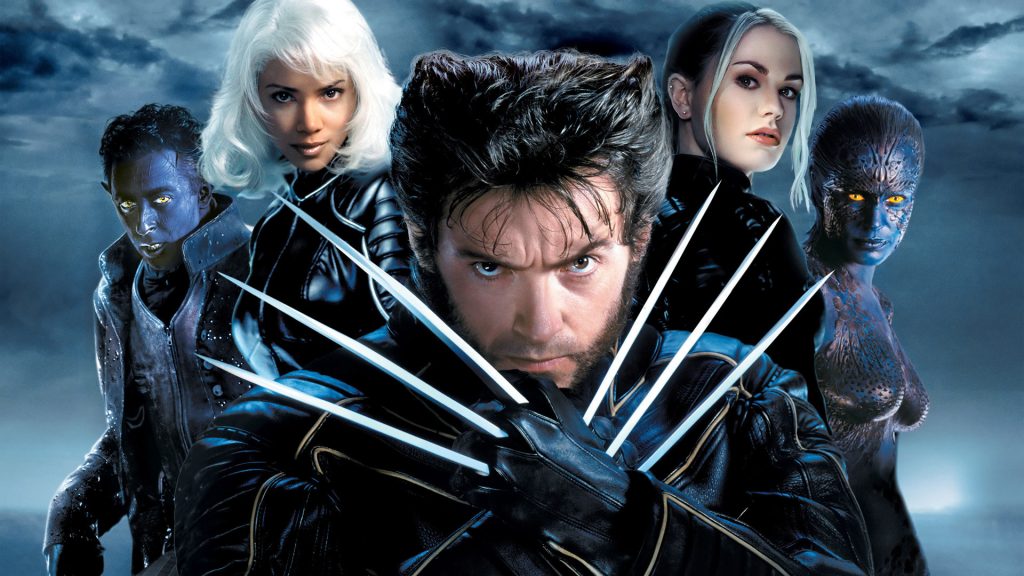 1.) X2: X-Men United (2003)
1.) X2: X-Men United (2003)
I saw this on Memorial Day weekend when I was 20 years old. Nightcrawler in the White House, the kitchen scene with Wolverine and Iceman, Pyro’s angst, William Stryker, Jean Grey’s evolution, and any scene with Magneto….all of that and more had me thinking “Now, THAT’S how you make a comic book movie!” by the start of the ending credits. Though they enveloped the antagonist William Stryker in his military background and not his more famous evangelical one, he was still just as much of a mutant-hating fanatic. They definitely showed mutant reactions to human prejudice with the character of Pyro and derived much of the story’s elements from the 1982 graphic novel X-Men: God Loves, Man Kills. Of all the X-Men films, this the one that holds up the best.

